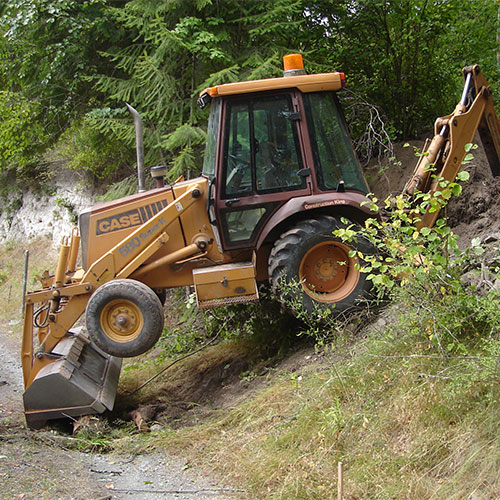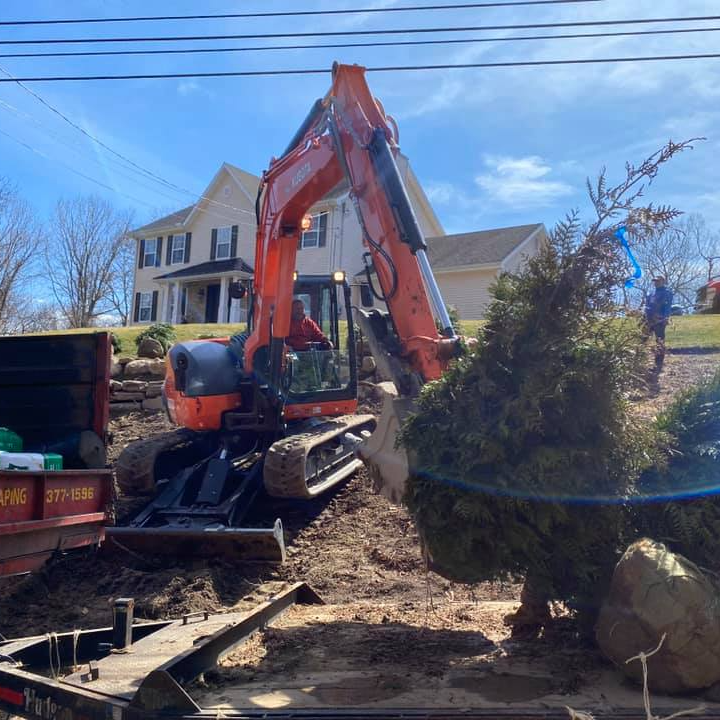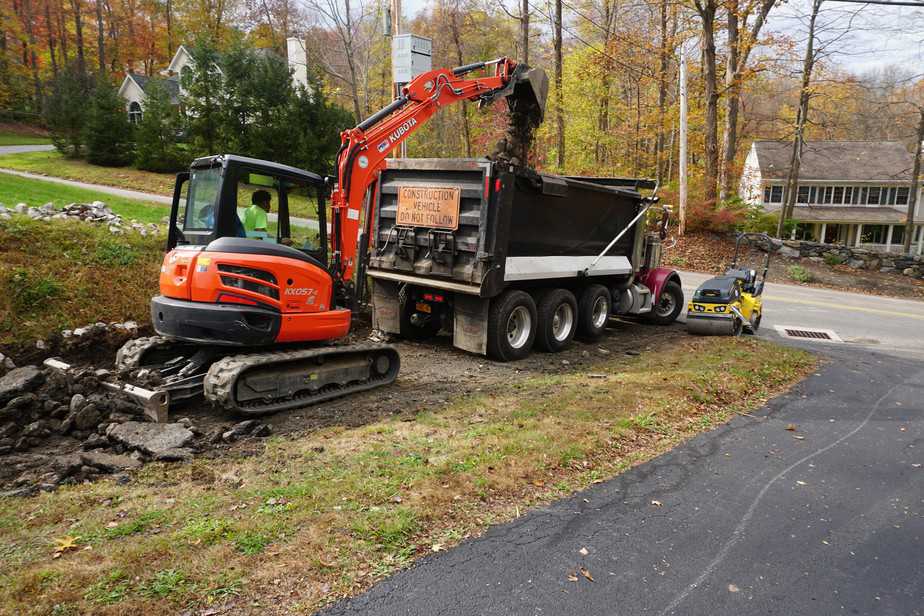Comprehensive Excavation Approaches: Grasping the Basics for Success
The mindful preparation, precise execution, and careful attention to detail required in excavation projects require an extensive strategy that encompasses various basic facets. The real proficiency exists not simply in comprehending these basics however in flawlessly incorporating them to browse the complexities of excavation tasks with skill.
Recognizing Excavation Task Planning

The preliminary phase of any kind of excavation task is the planning stage, where vital choices are made that can significantly impact the result of the task. Recognizing the project budget plan, timeline, and extent restrictions is critical for developing a comprehensive excavation plan that ensures the project's success.
One secret element of excavation task planning is the advancement of a thorough timeline that lays out the series of landmarks, tasks, and target dates. This timeline functions as a roadmap for the project group, enabling them to track progress and make essential changes to make certain the project remains on routine. In addition, a well-defined budget plan that accounts for all expenditures, consisting of devices leasing, labor costs, and products, is important for staying clear of expense overruns and hold-ups. By meticulously thinking about all these aspects during the planning phase, excavation jobs can be executed efficiently and properly, causing successful outcomes.
Dirt Evaluation and Website Analysis
Conducting complete dirt analysis and website examination is an essential action in the prep work phase of any type of excavation project. Soil analysis includes figuring out the make-up, framework, and residential or commercial properties of the dirt at the excavation website. This information is important for comprehending the soil's bearing capability, wetness material, and potential for disintegration, which are crucial factors in identifying the excavation techniques and tools needed for the job.
Website examination surpasses dirt analysis and encompasses a broader assessment of the overall site problems. This evaluation consists of recognizing any possible risks, such as underground utilities, environmental concerns, or unsteady terrain, that could impact the excavation procedure. By thoroughly evaluating the website, project managers can develop effective excavation approaches that focus on safety and security, effectiveness, and ecological security.
Making use of sophisticated modern technologies like ground-penetrating radar, soil sampling, and drone studies can enhance the precision and efficiency of soil evaluation and site evaluation. Investing time and sources in these initial steps can inevitably conserve time and stop costly delays or issues during the excavation procedure.
Tools Option and Utilization
Effective excavation projects depend greatly on critical tools choice and utilization to guarantee ideal efficiency and efficiency. Picking the best tools for the work is vital in making best use of efficiency and reducing downtime. Variables such as the kind of soil, depth of excavation, and task scope play a considerable role in establishing one of the most appropriate equipment for the job at hand.

Along with selecting the proper tools, correct application is essential to project success. Operators should be educated to take care of the tools securely and successfully - lancaster trenching. Normal upkeep checks and timely repairs aid prevent malfunctions and make sure constant performance throughout the task
Precaution and Rules Conformity
In the world of excavation projects, focusing on security procedures and compliance with policies is extremely important to making sure a lawfully sound and secure operational atmosphere. Precaution include a range of practices, including conducting extensive website evaluations, carrying out correct signs and barriers, and providing ample safety training for all personnel involved in the excavation procedure. Adherence to regulations, such as OSHA he said needs in the United States, makes sure that the excavation job meets the needed requirements to shield workers, spectators, and the surrounding setting.

Tracking Progress and Adjusting Techniques
How can forecast managers efficiently track the development of excavation tasks and adjust their methods as necessary to enhance end results? Tracking progression is vital for making certain that excavation jobs remain on track and meet due dates.

Verdict
Finally, grasping the principles of detailed excavation strategies is essential for the success of any type of project. By understanding see this project planning, analyzing dirt and site conditions, selecting ideal tools, adhering to safety regulations, and keeping track of progression, job supervisors can make certain a reliable and smooth excavation process. Carrying out these techniques will certainly cause effective results and lessen prospective dangers or obstacles throughout the excavation task.
The initial stage of any excavation project is the preparation stage, where essential choices are made that can significantly influence the outcome of the project. Understanding the task budget plan, timeline, and scope restraints is critical for creating a comprehensive excavation plan that makes certain the project's success.
Exactly how can predict supervisors effectively track the improvement of excavation jobs and adjust their techniques appropriately to maximize end results? By very closely monitoring progression and being ready to adjust approaches, task supervisors can boost the overall success of excavation tasks.
By understanding job preparation, assessing dirt and site conditions, picking appropriate equipment, abiding with safety policies, and checking progression, task supervisors can guarantee a smooth and effective excavation procedure.